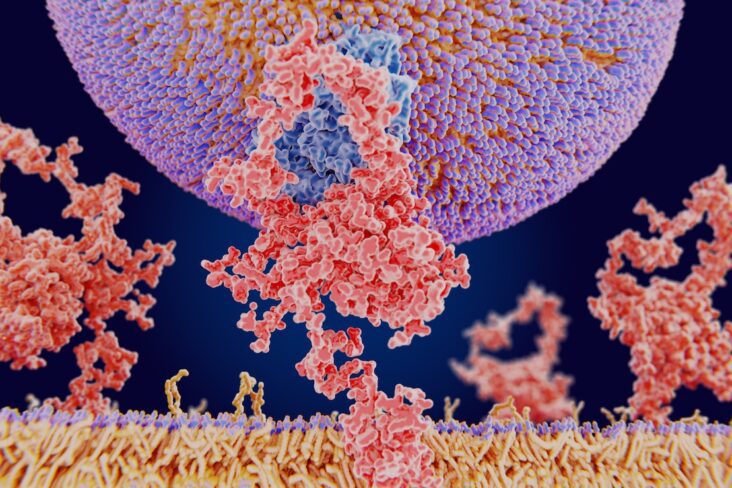
Written by Dr Edward Leatham, Consultant Cardiologist.
At SCVC, we bring together the best of both worlds since in private medical practice, each patient is under the individual care of one consultant, who provides the senior leadership directly responsible for overall care and major decision making. Each of our consultants operates their independent practice within the umbrella organisation of our group. However, patients also benefit from our team-based care. If they have an enquiry that cannot be immediately answered by the consultant or their PA (out of hours or due to annual leave), then other members of the team, including our specialist nurse practitioners, senior nurses, and technicians, may be able to help.
Likewise, cross-cover arrangements between consultant practices are easy to arrange within our group, offering a more consistent, yet still personalised care journey for our patients. By organising our record systems in a way that facilitates access to shared medical records, care can be seamlessly passed between different consultants and their teams at the click of a button.
For patients with chronic medical conditions, including heart failure, raised lipids, or in need of cardiovascular reviews, there are options to choose from, including care from dietitians, nutritional therapists or specialist nurse practitioner, who have decades of experience working alongside our consultants in all aspects of cardiovascular medicine. Our call centre, operating 24/7, was set up to provide an urgent medical care pathway, so that messages could be taken and passed to the relevant teams at any time. While this is not the same as providing emergency care, which only our national health system can provide, it does offer our patients the opportunity to get in touch with the consultant and our team out of hours, where a timely phone call or consultation may be all that is needed to prevent an unnecessary visit to A&E.




